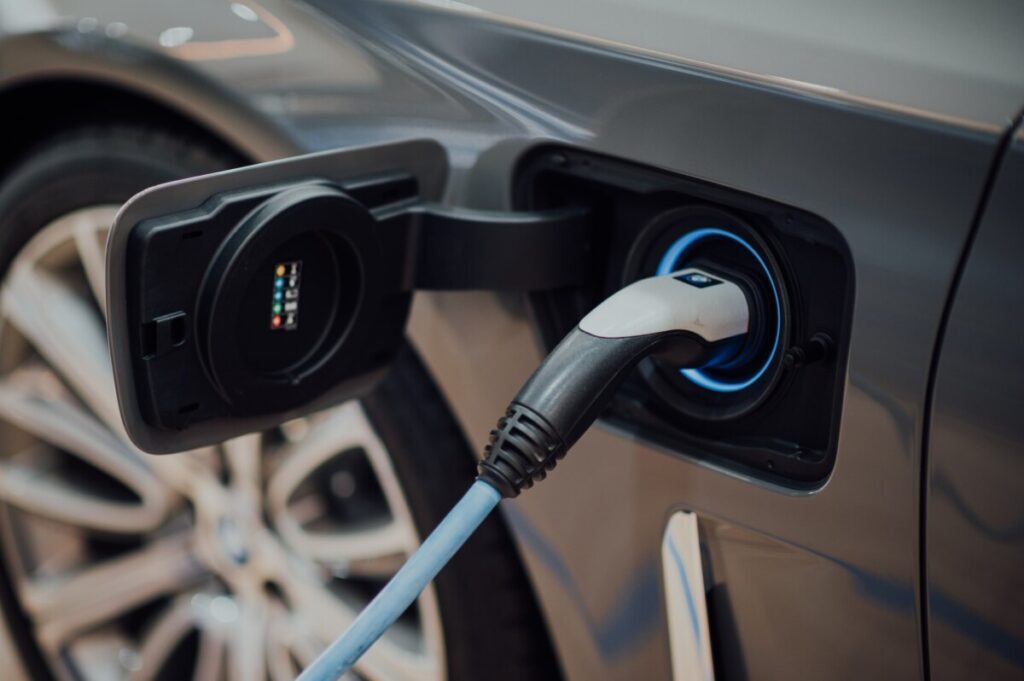Shocking Revelations: 10 Things You Don’t Know About Riding an Electric Car
Electric cars have become increasingly popular in recent years due to their many benefits. They are eco-friendly, require less maintenance, and are cost-effective in the long run. However, some people are still hesitant to make the switch due to a lack of knowledge about what it’s like to ride in an electric car. In this article, we’ll explore 10 things you may not know about electric cars that could help you make an informed decision.
Instant Torque
Electric cars have electric motors that provide instant torque, which means that they can accelerate quickly and smoothly. This is because electric motors can generate full torque at any speed, whereas gasoline engines must build up torque gradually. As a result, electric cars can go from 0 to 60 mph in as little as 2.4 seconds, providing a fun and exhilarating driving experience.
Quiet Ride
Electric cars are much quieter than traditional gas-powered cars. Since electric motors produce less noise than gasoline engines, electric cars have a more peaceful and relaxing ride. This also means that you can hear more of your surroundings, making for a safer driving experience.
Regenerative Braking
One of the unique features of electric cars is regenerative braking. When you hit the brakes in an electric car, the car converts the kinetic energy into electricity, which is then stored in the battery. This helps to extend the car’s range and saves energy that would otherwise be lost during braking.
Range Anxiety
Range anxiety is a common concern for electric car owners, but with advances in technology, electric cars now have longer ranges and more charging stations are being built every day. For example, the Tesla Model S can travel up to 402 miles on a single charge, and many other electric cars can travel more than 200 miles on a single charge. In addition, many electric car manufacturers offer apps that help you find nearby charging stations.

Charging Time
Charging an electric car can take longer than filling up a gas tank, but it’s also more convenient since you can charge at home while you sleep. Most electric cars come with a charging cable that you can plug into a standard 120-volt outlet. However, if you want faster charging, you can install a Level 2 charging station at home or use a public charging station that offers Level 3 charging, which can charge an electric car up to 80% in just 30 minutes.
Lower Maintenance
Electric cars have fewer moving parts than gas-powered cars, which means they require less maintenance and are less likely to break down. For example, electric cars don’t have spark plugs, belts, or exhaust systems, which eliminates the need for maintenance on these parts.
Environmental Benefits
Electric cars produce zero emissions, making them a more environmentally-friendly choice than traditional gas-powered cars. According to the U.S. Department of Energy, electric cars emit 4,500 fewer pounds of carbon dioxide per year compared to a gasoline car. In addition, electric cars don’t emit other harmful pollutants like nitrogen oxides and particulate matter.
Related Readings:
Electric Vehicles vs. Gas-Powered Vehicles: A Comprehensive Comparison
Cost Savings
Electric cars can save you money on fuel costs and maintenance. Since electric cars use electricity instead of gasoline, they are much cheaper to fuel. In addition, electric cars require less maintenance since they don’t have as many parts that can break down. This means that electric car owners can save money on oil changes, spark plugs, and other maintenance costs.
New Technology
Electric cars are constantly evolving, with new technologies and features being developed all the time. For example, many electric cars now offer autonomous driving features like lane-keeping assistance and adaptive cruise control. In addition, electric cars are becoming more affordable, with many models priced similarly to gas-powered cars.
Electric Cars Are Getting Cheaper
While electric cars were once more expensive than their gasoline counterparts, the cost of electric cars has been steadily decreasing over the past few years. This is due in part to advances in battery technology and the increased production of electric cars by automakers. Additionally, many governments around the world are offering incentives for people to purchase electric cars, such as tax credits and rebates.
Electric cars are an exciting and rapidly evolving technology that offer a range of benefits over conventional cars. While there are still some challenges to overcome, such as range anxiety and charging infrastructure, the future of electric cars looks bright. As more and more people make the switch to electric cars, we can expect to see a cleaner, quieter, and more sustainable future on our roads.



